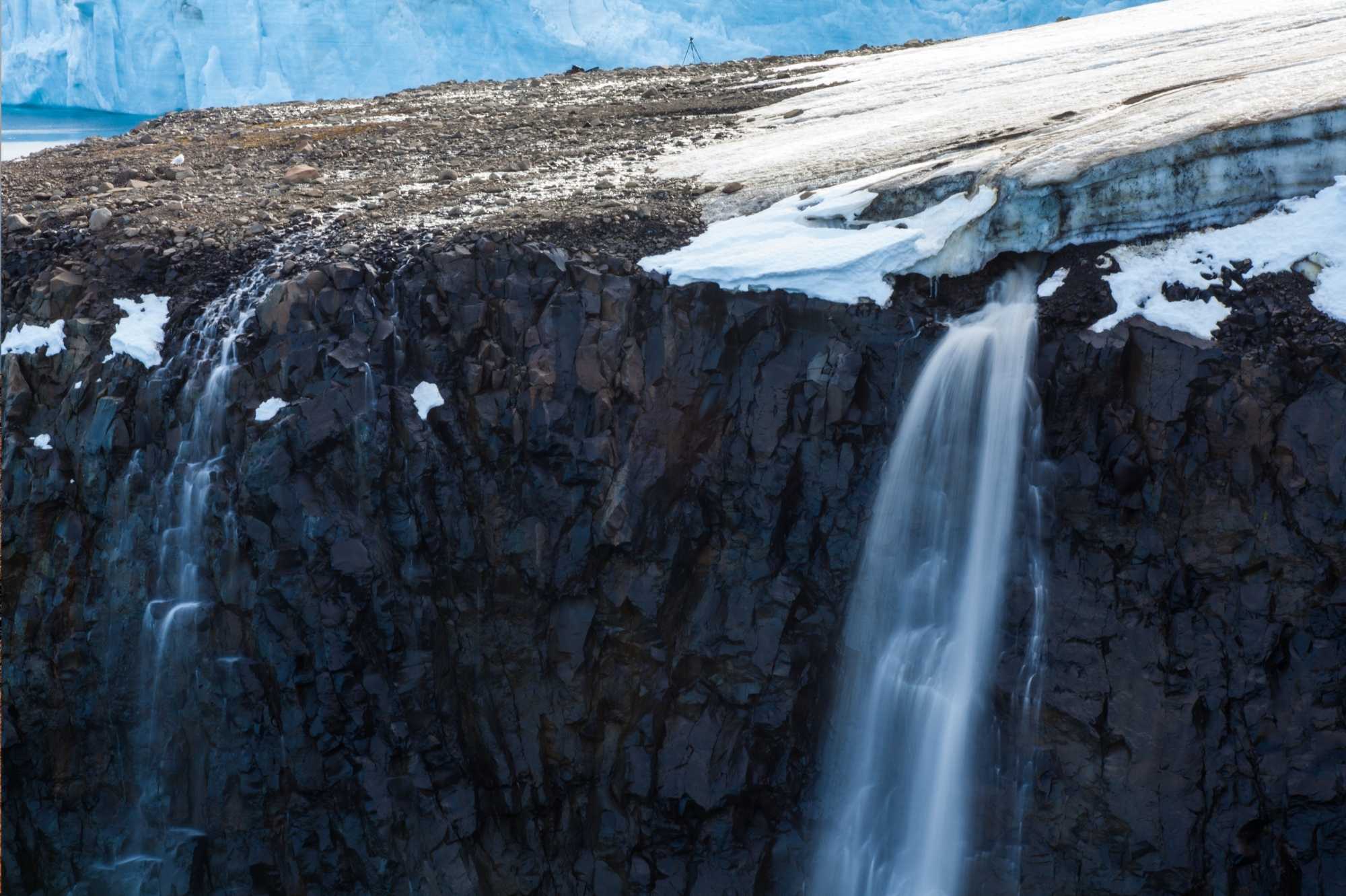Story
Higher discharge of terrestrial dissolved organic matter increasing CO2 outgassing across Arctic
6 September 2022
Plymouth Marine Laboratory have led on a publication suggesting that enhanced discharge of terrestrial dissolved organic matter (terr-DOM) will cause CO2 outgassing across Arctic shelves.
 Arctic shelf seas experience greater quantities of river runoff than any other ocean region. And, in recent decades, there has been an increase in freshwater loads and its associated dissolved organic matter (DOM) - as a result of climate change.
Arctic shelf seas experience greater quantities of river runoff than any other ocean region. And, in recent decades, there has been an increase in freshwater loads and its associated dissolved organic matter (DOM) - as a result of climate change.Dr Luca Polimene (PML fellow, currently working at the Joint Research Centre of the European Commission) led on and completed this publication whilst with us at PML as a Marine Ecosystem Modeller. Dr Polimene said:
“Amplified terrestrial permafrost thaw and coastal erosion is exposing previously frozen organic matter, increasing its distribution to nearshore regions. Changing terrestrial dissolved organic matter (terr-DOM) loads and composition may alter the balance between primary productivity and respiration, ultimately affecting net regional CO2 air-sea fluxes.”
“In particular, this work highlights that the future evolution of Arctic Ocean CO2 fluxes is highly dependent upon the biological degradability of terr-DOM in coastal waters - a factor often omitted in modelling studies.”
“By using a newly developed biogeochemical model we found increasing terr-DOM loads and degradability, both expected as a consequence of global warming, trigger a series of biogeochemical and ecological processes transforming the Arctic Shelf waters into a net source of CO2 atmosphere thus providing a positive feedback to climate change.”
Read the full publication here >>